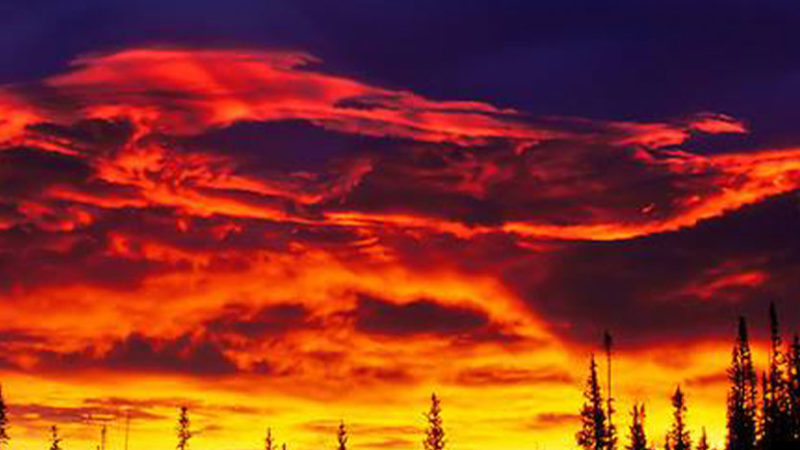You feel special. Sometimes this feels like a curse. Like no one will understand you. Ever. Like you will always be an alien walking among regular humans, pretending to blend in. You have learned to live with this gulf, but what you really crave is community. You long to belong to the human family. To Mother Earth.
Participating in the human condition can be bewildering. It is just not always cozy and easy—rather, it’s humbling at best, downright humiliating when it is not flowing. It can seem so much simpler to ride solo, slaying your own dragons and singing the ballads you wrote about yourself. Collaboration can be tedious, and the prevailing masculine value system may have conditioned you to feel like you are giving away your power when you share it with others.
So what? Give it away. The time of the singular sage bestowing his unique wisdom is over. That was a method devised by the men in charge who sought to regulate wisdom. They taught us to suffer alone in the desert for forty years, collecting our insights in a secret box called “Esoteric Knowledge.” Then, we were supposed to dispense those insights stingily to those who proved themselves worthy by also suffering alone for the requisite forty years in the desert.
It turns out that the world is filled with special beings, grappling our way through the anxiety of solitary conundrums and tasting the occasional reprieve of connection. When you realize this, your body lets out its breath and relaxes. The curse lifts. You come in from the cold. You hold out your cup, and some other special being fills it with sweet, milky tea spiced with fragrant herbs. You drink.
Our way, the way of the feminine, is to find out what everyone is good at and praise them for it and get them to teach it to one another. Maybe you know something about the hidden meaning of the Hebrew letters, or how to build a sustainable home from recycled tires and rammed soil, or loving-kindness meditation. You, the one who knows the Islamic call to prayer, climb this minaret and call us all to prayer. You, the one who knows how to sit quietly at the bedside of the dying, show us the way to bear witness. You, the one who knows how to get us to wake up to the shadow of privilege, please wake us the #*#@ up. It will be chaotic, all this community building, but your cooperation will save the world.
Besides, it will be fun.













I really liked the Insights on the edge episode with Mirabai Starr. It got me wondering though. Who decided to call the separation based, fear based, power over others based, system that has ravaged our world lately “masculine”. Who decided to call the connection based, compassion based, power with others based alternative “feminine”. Since the average man is slightly physically larger and stronger than the average woman, is that why men get the blame for the power over based system. Can we say that greedy, power hungry men are standing completely independent of the women in their life. It may seem like it is only men who have the power in a power over system, but for most of them there is likely to be at least one woman (wifes, mothers, daughters) who benefits from that power and supports the system. Men are not immune from the suffering caused by the oppression of that system. From what I hear, those at the top are not all that happy.
This is the problem with these names and it has its history and archetypal ground, but masculine doesn’t mean men and feminine doesn’t mean women. This is a misinterpretation of the language used. Both genders have both parts, masculine and feminine, within and how strong they are in an individual depends on many factors and conditions. One of them is culture and in patriarchal culture it’s a struggle for women as much as it might be for men to reconnect with and embrace the femininity.
I think it’s important to acknowledge a key point that Rich is speaking to, that there are women who also support the dysfunctional system being named as “masculine”. I am hoping Mirabai’s writing addresses this, so that women can learn what they’re doing in this way, and stop. When women in both positions experience the power of this unifying recognition and acceptance, this will be true healing and new action will be able to take place.
Others may have struggled similarly – Yin and Yang may describe similar aspects – food for thought!
Thank you, thank you, thank you. My prayer has been answered. Just so timely!
I am not alone as I thought. Blessings. Emma
Hi Emma! I’m Terri Lawton, I don’t see the name often and was happy to see it here in the comments! Just saying Hi and Thanks for the Blessings! And many Blessings to you, too
YES, may we all please wake the #*#@ up to our priveldge, to our power, to our gifts, to our healing, to our compassion, to our FEARS, to our dreams and hopes and wishes and to the books we have inside of us that they may have the courage to germinate, grow, and bloom in spite of ourselves!!
Well said Magdalena! Thank you for the insightful articulation!